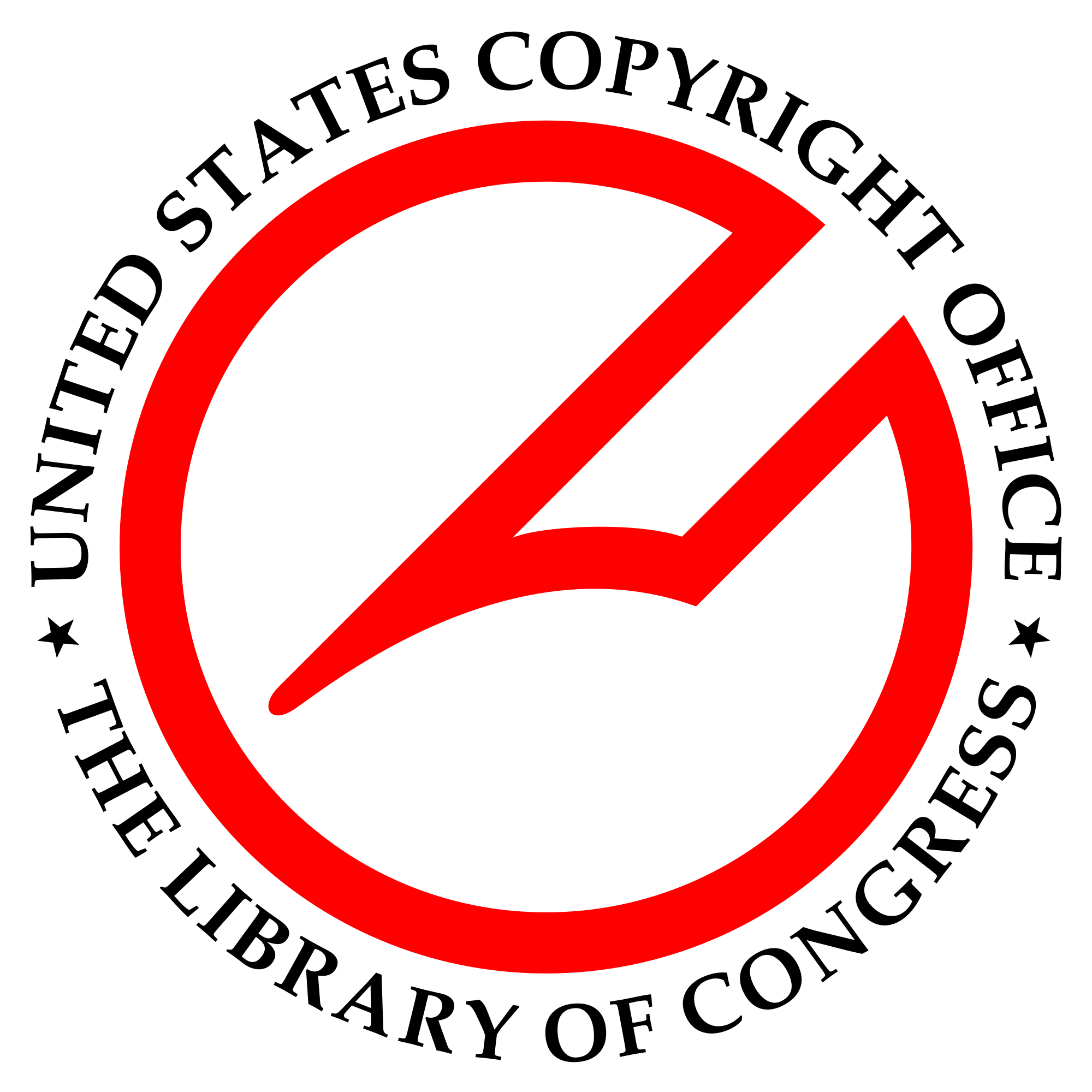Hey everyone. Today we’re going to explore a few key “Copyright Strategies” that can sharply increase the value of your cinematic property. However, before we start strategizing, let’s walk through a few basics first.

The Basics:
Copyright Protection in Years
For original work filed by the author under his or her name, copyright protection lasts for the life of the author, plus 70 years. That’s far greater than the five-year term of a WGA Registration. If you deem your script to be worth a $55 investment, then you should splurge for both registrations ($35 for an Electronic Copyright Registration + $20 for WGA Registration for screenplays from non-WGA writers).

Copyright Costs
For completed motion pictures, screenplays and related performing arts, an Electronic Copyright is your best bet at $35. Should you prefer to mail in a hard copy of your work, the fee jumps to $85. Here is a link to all of the current copyright fees: https://www.copyright.gov/docs/fees.html

Copyright Forms
Completed motion pictures and screenplays require a Form PA, while novels are registered under Form TX. Furthermore, there are “Short Form” versions of the above forms, but they can only be used during if the item being copyrighted is created by one author.
A Copyright’s Validity Begins When….
When registering a claim through the ECO (Electronic Copyright Office), your copyright is valid when you, a) complete the online form, b) pay the required fees and c) upload the material. You’ll also get two confirmation e-mails; one to confirm the successful upload of your material and the other to confirm the receipt of your payment.
Copyrights Stand the Test of (Most) Rewrites.
Regarding screenplays, unless you are completely changing the story, as well as its characters and the names of the characters, there is no need to copyright your script more than once.
Copyright Strategies
When To File a Copyright Claim
Make no mistake, you should always copyright every project you create. However, when you do it can make a world difference to your project’s value.
Consider these insights:

Screenplays
Copyright the material right away, because the year in which a screenplay was written does not adversely affect the value of the literary property.
Motion Pictures
You should copyright your finished product quickly, unless your film is completed toward the end of the calendar year.
When Not to File a Copyright Claim
Completing a Film in the Last Quarter of the Calendar Year
If you complete your film during the last quarter of the calendar year, it may behoove you to copyright your film in the first week of January, to get the new year’s copyright. Think about it, if you were to buy a new car today, a new 2013 model is far cheaper than a new 2014 model, even though both models are brand-new. It’s the same with films, so do your best to your copyright your film at the beginning of a calendar year as opposed the end of it.

Shy Away From Putting Copyright Information on IMDb
Unless you’re 1000% confident your film will be sold and distributed in the year you finished it, do not list the copyright on your IMDB listing. Just fill that space with question marks. Why? Because if your film is listed on IMDB as a 2017 release and then it takes more than 12-months to get it released, international film buyers will pay far less for that film, thinking you were unable to sell it. Should this sound confusing, here’s an explanation:
December 2016 to January 2017 is only a one month time span, but it counts as one-year on your copyright. December 2015 to January 2017 is only a 13-month time-frame, but that counts as two years on your copyright. Thus, don’t prematurely sabotage the value of your film on IMDB.
Okay friends, that’s what I have for you today. But first, Here’s a quick video called about copyrights, produced by “Crash Course.”
I thank you for lending me your eyes and I look forward to borrowing them again soon! In the meantime, please check out my new podcast called, “Limping on Cloud 9,”. Here’s our website:

